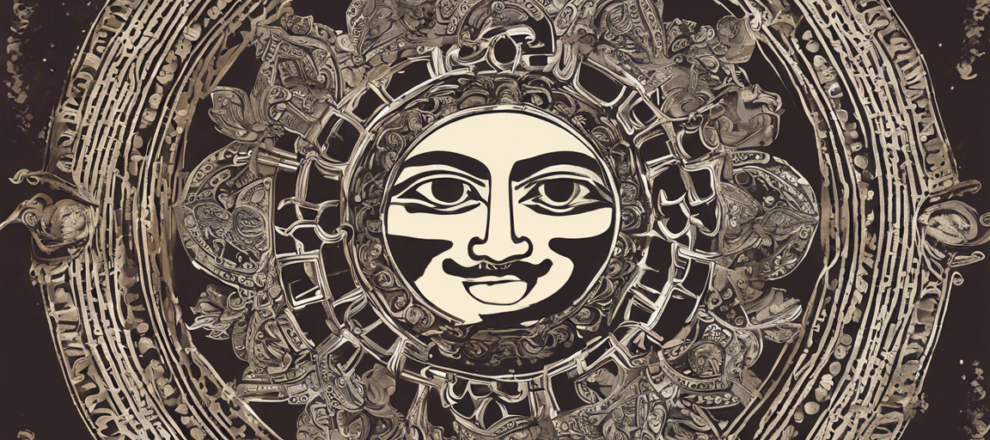On March 25, 2024, a significant astronomical event known as Surya Grahan, or Solar Eclipse, is set to occur. During this phenomenon, the Moon will pass between the Earth and the Sun, partially or fully blocking the Sun’s light from reaching the Earth. This event holds cultural, spiritual, and scientific significance around the world. In this article, we will delve into the date and time of the upcoming Surya Grahan, its significance in different cultures, and the precautions one should take during this celestial event.
Date and Time of Surya Grahan on March 25, 2024
The Solar Eclipse on March 25, 2024, will be visible from parts of North Africa, Europe, and Asia. The eclipse will begin at around 10:33 UTC and reach its maximum point at approximately 12:33 UTC. The event is scheduled to end around 2:37 UTC, with the duration of totality varying based on the observer’s location.
Significance of Surya Grahan
Cultural Significance
Solar Eclipses have evoked awe and wonder in cultures throughout history. Many civilizations viewed these events as omens or a disruption in the natural order, often associating them with impending disasters or changes. In Hindu culture, Surya Grahan holds religious significance, with practices like taking a holy dip in sacred rivers and performing rituals to ward off negative energies.
Spiritual Significance
Spiritually, a Solar Eclipse is often seen as a powerful time for introspection, meditation, and setting intentions. Some believe that the alignment of the Sun, Moon, and Earth during an eclipse amplifies energy and can facilitate personal growth and transformation.
Scientific Significance
From a scientific standpoint, Solar Eclipses provide valuable opportunities for astronomers and researchers to study the Sun’s corona, the Earth’s atmosphere, and the effects of these celestial events on our planet. Scientists use eclipses to gather data on solar activity, the Sun’s magnetic field, and other phenomena that are usually challenging to observe.
Precautions During Surya Grahan
While witnessing a Solar Eclipse can be a breathtaking experience, it is crucial to take precautions to protect your eyes and overall well-being:
– Eye Protection: Never look directly at the Sun during an eclipse without certified eclipse glasses or solar filters. Staring at the Sun can cause serious eye damage or blindness.
– Avoid Photography: Refrain from using cameras, telescopes, or binoculars to view the eclipse without proper filters. The intense light can damage the equipment and your eyes.
– Stay Indoors if Necessary: If you are unable to obtain proper eye protection, you can watch the eclipse online or through live broadcasts to avoid any risk of eye injury.
FAQs About Surya Grahan
1. Can I watch the Solar Eclipse with my naked eyes?
It is not safe to look at the Sun directly during a Solar Eclipse. You must use certified eclipse glasses or other proper solar filters to protect your eyes.
2. What is the spiritual significance of Solar Eclipses?
Solar Eclipses are often seen as potent times for spiritual practices like meditation, reflection, and setting intentions for personal growth and transformation.
3. How often do Solar Eclipses occur?
Solar Eclipses occur multiple times a year but are only visible in specific regions. The frequency of total solar eclipses is rarer compared to partial eclipses.
4. Can pregnant women watch the Solar Eclipse?
There is a common belief that pregnant women should not view a Solar Eclipse due to potential harmful effects on the unborn child. It is advisable for pregnant women to stay indoors during the event.
5. What should I do if I accidentally looked at the Sun during the eclipse?
If you accidentally looked at the Sun during a Solar Eclipse and experience discomfort or vision problems, you should consult an eye specialist immediately for a check-up.
As we await the Surya Grahan on March 25, 2024, let us appreciate the beauty of this celestial event while prioritizing our safety and well-being. Whether you view the eclipse for its cultural, spiritual, or scientific significance, remember to take the necessary precautions to ensure a memorable and safe experience.
